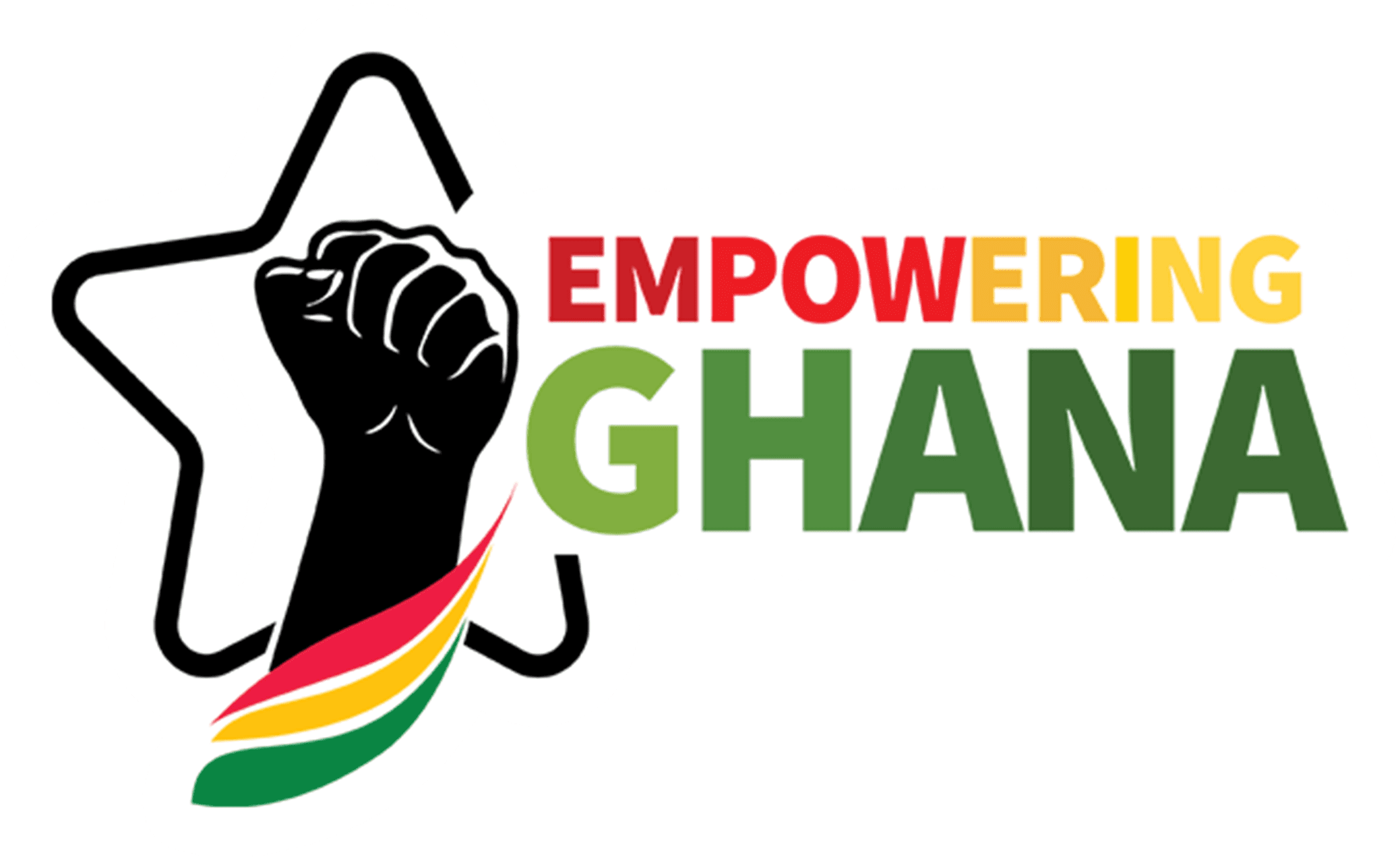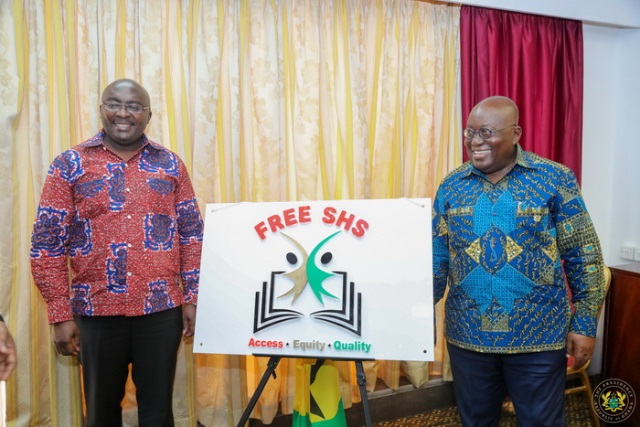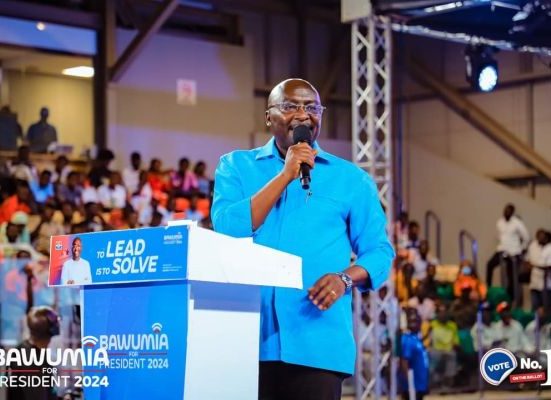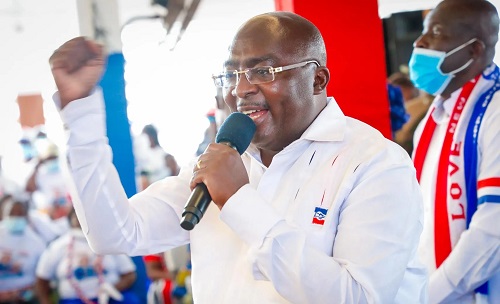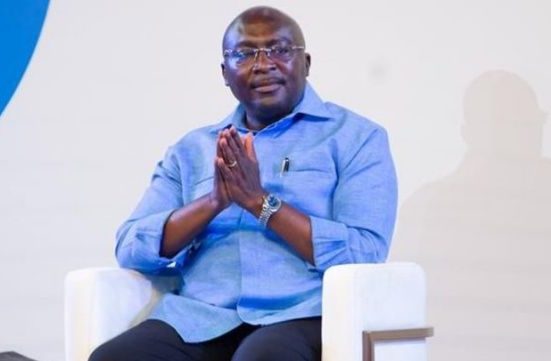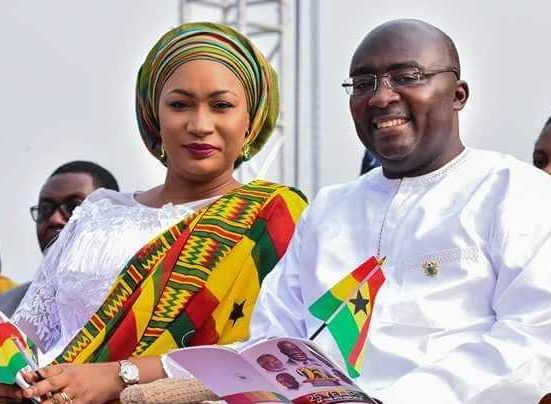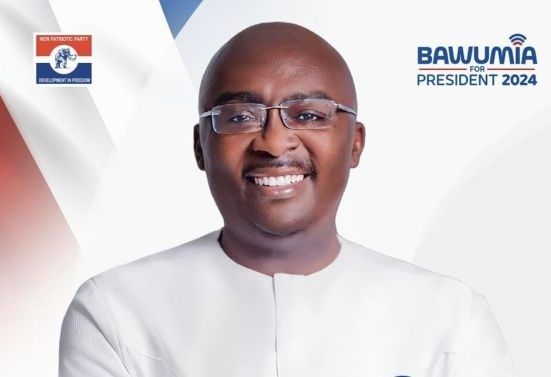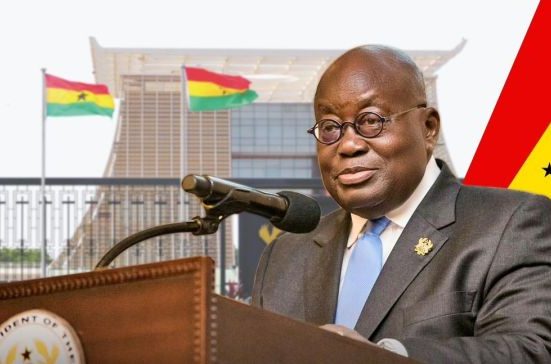The media should cease debating the origins of the Free Senior High School policy. This issue requires no debate, and the media should instead present factual information to anyone raising this topic. This approach will better inform the audience and allow the media to focus on more pertinent matters.
Ghanaians first heard about the Free SHS policy in 2008 when it was conceived by candidate Nana Addo Dankwa Akufo-Addo. Initially met with opposition from some civil society groups and individuals who deemed it populist, the policy was vehemently opposed by the opposition NDC and their candidate, who advocated for quality and accessibility over free education.
Despite losing the 2008 and 2012 elections, Akufo-Addo remained committed to the Free SHS policy. In 2015, during the NDC administration under John Mahama, an alternative policy was implemented that critics argued fell short of true free education, notably allocating a minimal amount per student per term.
Upon assuming office in 2017, President Akufo-Addo officially launched the Free SHS program, marking the first instance of genuinely free secondary education in recent Ghanaian history.
It is clear that Mahama and the NDC cannot claim credit for initiating Free SHS. Their administration faced challenges with the Northern Scholarship Scheme, impacting education access in northern regions. These facts are well-documented and should be reiterated by the media.
Despite its implementation challenges, the sincerity of President Akufo-Addo in delivering on this promise is commendable. While some argue that not all beneficiaries necessarily require free education, there are infrastructure challenges, such as the double-track system, which has affected student attendance and costs for parents.
In conclusion, the media should refrain from engaging in unnecessary debates about Free SHS, as this only serves to benefit the NPP politically. Voters remember significant social interventions like Free SHS, which have had a tangible impact on their lives, and continued discussion of this policy could sway their electoral decisions unfavourably for the NDC.
The writer is Manasseh Azure, an investigative journalist
